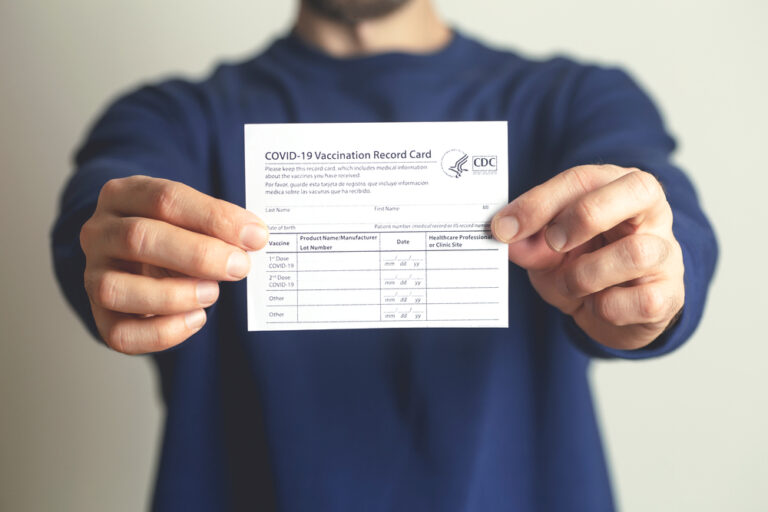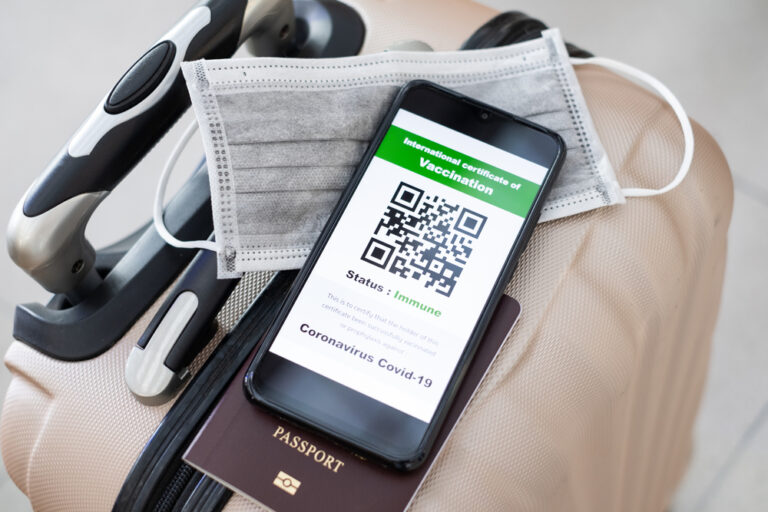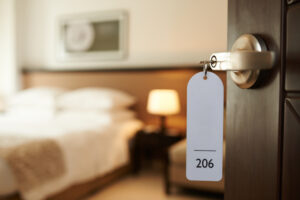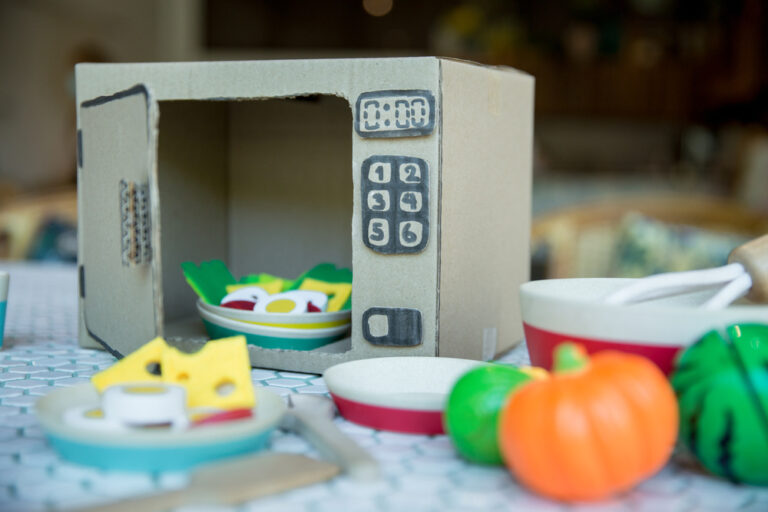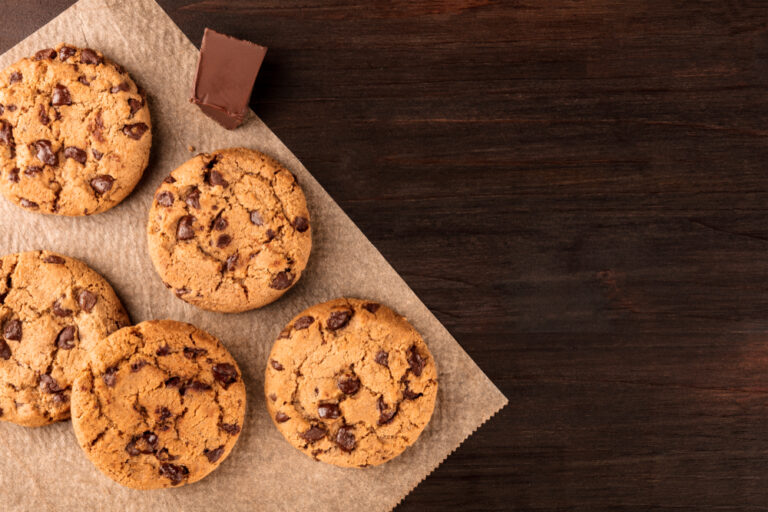
Avoid junk food aisles
Many people who want to eat healthily can get confused and forget about their intentions and goals when they walk by junk food aisles at the supermarket. Unfortunately, even though we have a cart full of healthy foods, we tend to pick some unhealthy foods and drinks as well, such as chocolate, soda, chips and so on.
“Supermarkets are almost all set up similarly: the refrigerated aisles are on the perimeter, and the dry goods are in the middle aisles. By shopping outer edges of the grocery store, you’ll stick to aisles containing fresh fruits, vegetables, eggs, and dairy, but NOT the junk food aisles,” says Kelsey Peoples, MS, RDN.
“For those inside aisles, try to make a list of exactly what you need, and purchase only those items. This step alone will stop you from impulse shopping for ice cream when you meant to buy frozen broccoli or sugary cereal when you meant to buy oatmeal.”

Carry healthy snacks with you
People tend to eat unhealthy snacks when they have a busy day or various important meetings, even though they try to eat healthy at main meals. So, if you are in this category, you should carry healthy snacks with you. You can opt for energy or protein bars, baby carrots, an apple or a banana and other fruits.
“Say no to vending machines and drive-thru windows by planning ahead and carrying healthy snacks with you. Those moments where you are out of time and need to get something in a pinch are when you will make your least healthy choices, like mid-afternoon vending machine cinnamon rolls or a medium order of fries and a soda for the road,” said Peoples.
“Instead, choose a snack bar that is high in protein (at least 7 grams) but relatively low in sugars (less than 5 grams) and keep a box in your desk, car, purse, or briefcase,” she added.

Practice mindful eating
Mindful eating refers to taking into account some factors when you enjoy your foods, such as listen to your body and stop eating when you feel full, eat only when you are hungry, not bored, choose nutritionally healthy ingredients, focus on your food, chew slowly and avoid eating your lunch at your desk, in the car, or in other unusual places.
In addition, you should eat when your body sends signals to you, not when your mind tells you that it is bored or emotionally affected. According to Erin Wathen, a certified life and weight loss coach, and food addiction counselor, “three hours before your desired asleep time, stop eating!”
“A busy lifestyle doesn’t have to be the enemy of health, but it tends to be a big barrier. One of the worst side effects of a non-stop day is that we no longer take time to mindfully eat. If you eat breakfast in the car, lunch at your desk, or dinner in front of the TV, then you’re mindlessly eating, which leads to higher caloric intake and less satisfaction from your food,” explained Peoples.
“Instead, give yourself permission to eat more intentionally. Take at least 20 minutes per meal and focus on the foods you choose, the pace of your eating, the flavors you’re enjoying, and your hunger cues that will let you know when you’re full so you stop eating before you automatically clean the plate and reach for seconds,” she continued.
























